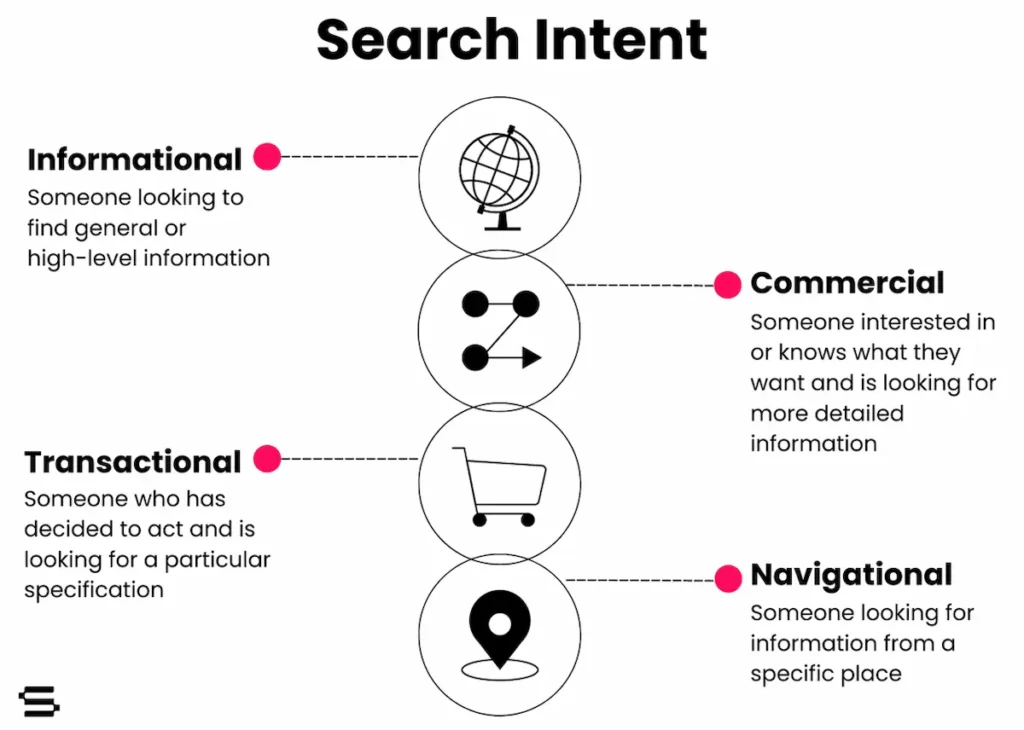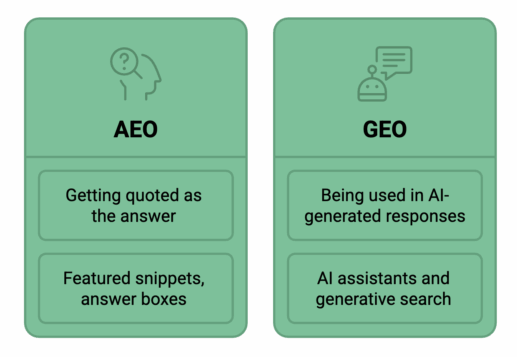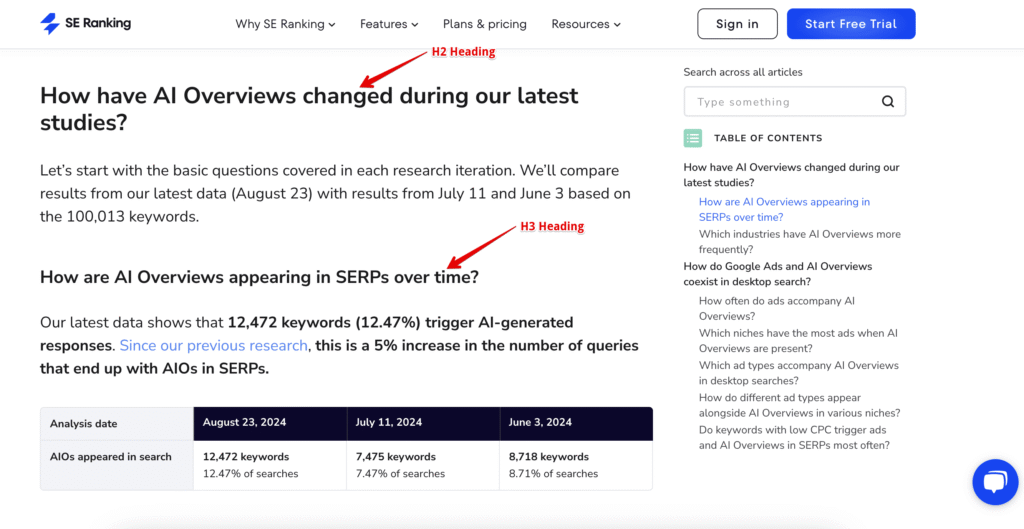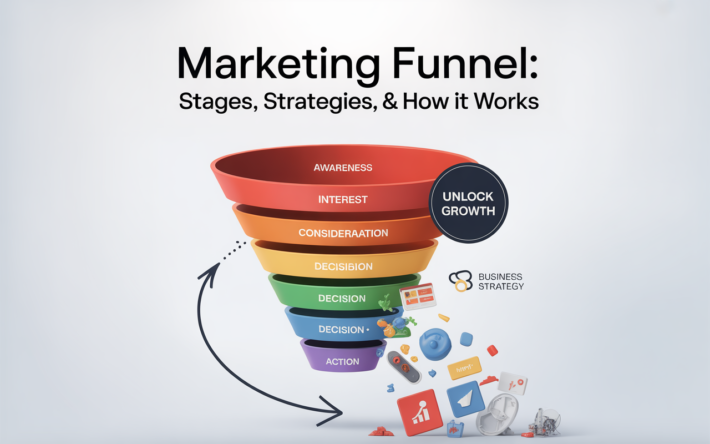Keyword Trends 2025: 10 Things You Need to Know

In 2025, Keywords remain the backbone of SEO, but their role has evolved beyond simple word matching. According to recent SEMrush data, 68% of digital marketers believe that intent-driven Keywords now matter more than exact matches.
Search engines like Google are increasingly prioritizing context, user behavior, and semantic meaning over raw keyword density.This blog combines insights from top SEO experts and recent industry reports to give you a step-by-step guide on optimizing Keywords for modern search engines.
Through real-world examples, fresh statistics, and practical tips, you’ll learn how to use Keywords strategically to stay ahead in 2025’s competitive digital landscape.
Keywords Are More About Intent Than Terms
Modern SEO is no longer about cramming exact words into content—it’s about understanding why a person is searching.
A recent Google report revealed that nearly 70% of searches in 2025 are conversational, often typed as full questions or spoken into voice assistants like Siri or Alexa. That’s where intent-driven Keywords play a powerful role.
Instead of focusing on short, generic terms like “travel,” marketers now see more impact from long-tail, intent-rich queries such as “best budget travel tips for students in 2025.” These queries reveal not only what someone is searching for but also why.
For example, if someone searches “what is dark tourism,” they’re not just curious about the definition—they might also be exploring documentaries, planning a trip to Chernobyl, or studying cultural tourism trends. Understanding this intent helps businesses and content creators serve the right answers at the right moment.
Semantic search has advanced to connect these dots. According to HubSpot’s 2025 SEO survey, websites that optimized for intent-based Keywords saw 47% higher click-through rates than those sticking to old exact-match practices.
In short, intent-driven Keywords are the bridge between human curiosity and meaningful content—making them more influential than ever.
AI-Powered Keyword Research Is a Game-Changer
Traditional keyword research once meant manually sifting through lists of search terms and guessing which ones mattered most. In 2025, AI-powered tools have transformed the way Keywords are discovered and analyzed.
Platforms like Ahrefs, Semrush, and Google’s own AI-driven Search Console now use machine learning to uncover hidden opportunities in seconds.
For example, AI doesn’t just suggest terms like “digital marketing trends.” It can identify intent-rich queries such as “how small businesses can use digital marketing tools in 2025,” helping brands connect with specific audiences.
According to a 2025 BrightEdge report, marketers using AI-driven keyword clustering strategies improved organic traffic by 53% compared to those using traditional methods.
What makes this shift even more powerful is keyword clustering. Instead of targeting one phrase at a time, AI groups related Keywords into clusters—like “eco-friendly tourism,” “sustainable travel tips,” and “green hotels in Europe.” This allows content creators to cover an entire topic ecosystem, rather than competing for a single word.
Take the query “what is dark tourism.” AI can instantly map related Keywords such as “examples of dark tourism sites,” “history of dark tourism,” and “why people visit dark tourism destinations.” This not only streamlines research but also ensures content matches real human curiosity.
By embracing AI-powered keyword research, marketers gain speed, precision, and deeper insights into user intent—making it a game-changer for anyone serious about SEO in 2025.
Read More: How to write a blog 8 Steps You Must Follow
Long-Tail Keywords & Question-Based Queries Rule
Search habits are evolving, and people now search the way they talk. Instead of typing one or two words, they’re entering full questions and conversational phrases.
In fact, Google reports that over 60% of searches in 2025 are long-tail queries, many framed as natural questions like “how to optimize Keywords for AI search” or “what is the best time to post on LinkedIn.”
Long-tail Keywords may attract fewer searches individually, but they come with higher intent and stronger conversion potential. A study by Ahrefs found that long-tail queries make up 92% of all keywords searched online. This means businesses that ignore them are missing the majority of potential traffic.
For example, instead of chasing a competitive short-tail keyword like “tourism,” a brand can target more specific, intent-rich searches such as “what is dark tourism and why do people choose it.” Not only does this reduce competition, but it also directly answers the user’s question—building trust and authority.
The rise of voice assistants has accelerated this trend. With nearly 1 in 3 internet users relying on voice search daily, people phrase queries more naturally, such as “how can I learn SEO fast in 2025” instead of just typing “SEO course.”
By embracing long-tail and question-based Keywords, businesses can capture audiences at every stage of the search journey—whether they’re just learning, comparing, or ready to take action.
Search Intent Must Be the North Star in Keyword Strategy
In today’s SEO landscape, success isn’t just about ranking for a word—it’s about solving the reason behind the search. This is where search intent becomes the North Star of keyword strategy.

Every query can generally be broken down into four main types:
- Informational intent – Users want to learn or understand something. Example: what is dark tourism or how do Keywords work in SEO.
- Navigational intent – Users want to find a specific brand, platform, or site. Example: Netflix login or HubSpot blog.
- Transactional intent – Users are ready to take action, often involving a purchase or signup. Example: buy noise-canceling headphones online or SEO keyword research tool free trial.
- Commercial intent – Users are comparing options before making a purchase decision. They’re not buying just yet but are researching the best choice. Example: best SEO keyword research tools 2025 or top dark tourism destinations in Europe.
According to a 2025 Search Engine Journal study, 72% of top-ranking pages fully matched the dominant intent behind their target Keywords. This shows that intent alignment directly impacts visibility and conversions.
For instance, if someone searches “what is dark tourism,” they might simply want a definition (informational). But if they type “best dark tourism destinations to visit,” their intent shifts toward planning a trip (transactional). A smart content strategy would address both stages with tailored content.
Humanizing the process is key. Instead of chasing volume, marketers should ask: “What problem is this person trying to solve?” Answering that question ensures Keywords work as a bridge between audience needs and valuable solutions.
Read More: How to Make Unique Content in Today’s AI World
Traditional SEO Isn’t Dead—But AI SEO Is Rising
Despite the rise of AI, the foundations of SEO still matter. On-page tactics like strategic placement of Keywords, optimized meta descriptions, and clear content hierarchy remain essential. In fact, a Moz 2025 report found that 70% of high-ranking pages still relied on classic SEO basics such as strong title tags and keyword-rich headings.

What’s new is how these fundamentals are merging with AI-powered SEO approaches. Two trends are leading the way:
AEO (Answer Engine Optimization):
With the growth of AI-driven platforms like Google’s Search Generative Experience (SGE), people expect direct, conversational answers. This means structuring content with Q&A formats, schema markup, and a human-friendly tone is critical.
For example, instead of simply defining “what is dark tourism,” a page optimized for AEO would also address related FAQs like “why people visit dark tourism sites” or “examples of dark tourism destinations.”
GEO (Generative Engine Optimization):
AI engines increasingly generate answers by pulling from trusted sources. Building topical authority around clusters of related Keywords raises the chances of being cited in those AI summaries. A travel brand.
for example, might publish a series of articles around dark tourism, from its history to ethical debates, increasing its visibility when AI tools assemble responses.
The future of SEO isn’t about choosing between traditional methods and AI—it’s about blending both. Use classic tactics to establish technical strength, and layer on AI-focused strategies to stay visible in generative search results.
Read More: 11 Expert Tips to Boost Your Content Performance
Google’s AI Overviews & Zero-Click Searches Demand New Tactics
Search behavior is shifting rapidly as AI-generated summaries begin to dominate the top of Google’s results. Known as AI Overviews, these summaries often answer a user’s query directly, meaning fewer people actually click through to websites.
In fact, SparkToro’s 2025 study shows that over 58% of all Google searches now end without a single click—a trend called zero-click searches.
For content creators, this doesn’t mean defeat—it means adaptation. To win visibility, content must be structured to become part of these AI-powered highlights. That starts with smart use of Keywords in conversational, question-based formats.
For example, when someone searches “what is dark tourism,” Google’s AI may pull a short, clear definition from a site that answers the question directly. But if that page also includes related Keywords like “examples of dark tourism destinations” or “why people visit dark tourism sites,” it increases the chance of being cited in expanded AI Overviews.
Another tactic is using structured data (schema markup) so search engines clearly understand your content. This makes it easier for AI systems to surface your answers in featured snippets, knowledge panels, and overview boxes.
In short, the rise of AI Overviews means content isn’t just written for readers—it’s written for machines that summarize information. By strategically embedding Keywords in helpful, well-structured answers, your content can still capture attention—even without a click.
Read More: What Is Keyword Search Volume? A Complete Guide for Beginners
E-E-A-T and Brand Signals Elevate Keyword Trustworthiness
As search evolves, trust has become just as important as relevance. Google’s ranking systems now give priority to content that demonstrates E-E-A-T: Experience, Expertise, Authoritativeness, and Trustworthiness.
This means that even if you use the right Keywords, your content may not surface unless it comes from a credible, proven source.According to Google’s 2025 Quality Rater Guidelines, websites with strong E-E-A-T are 2.4x more likely to appear in AI Overviews and featured snippets.
For example, if a medical blog answers “what is dark tourism,” but it’s written by a travel psychologist with published research, that page has a much higher chance of being surfaced compared to a random, anonymous post.
Brand signals also matter. A consistent presence across platforms—social media, guest posts, podcasts, and reputable directories—helps establish authority. When AI systems crawl the web, they look for patterns of trust: is this brand cited, reviewed positively, and connected to real experts?
If yes, its Keywords-centered content is more likely to be used in generative search results.Take travel brands as an example: Lonely Planet or National Geographic are more likely to rank for “what is dark tourism” than a new blog, simply because their authority and trust signals are established.
Smaller creators can bridge the gap by showcasing credentials, building backlinks, and sharing expertise consistently.Ultimately, E-E-A-T turns Keywords into more than just search terms—it makes them part of a trustworthy, authoritative conversation.
Read More: Blog Outlines: Microsoft’s AI SEO Tips
Structured Data & Content Depth Enhance Keyword Performance
Search engines and AI models thrive on clarity. That’s where structured data and content depth come in. By using schema markup—like FAQ, How-To, or Product schema—you help crawlers understand the exact meaning of your Keywords and the context in which they’re used.
For example, an e-commerce store selling travel guides could optimize for the query “what is dark tourism book.” By adding structured data such as price, availability, author, and reviews, Google can highlight that page in rich results, boosting visibility.
In fact, Schema.org reported in 2025 that pages using structured data see a 30–40% higher click-through rate compared to those without it.
Content depth matters too. Shallow, keyword-stuffed articles are being filtered out in favor of comprehensive, insightful resources. A detailed guide that not only answers “what is dark tourism” but also explores history, ethical debates, and case studies sends stronger topical signals than a short definition.
According to Backlinko’s 2025 analysis, long-form content (2,000+ words) ranks on average 45% higher than thin content.Together, schema markup and in-depth writing work as a one-two punch. Structured data ensures machines understand your Keywords, while rich content ensures humans find real value.
The result? Better rankings, higher trust, and stronger chances of being featured in AI-generated answers.
Read More: How to Find Guest Post Opportunities | “Write for us”
Audience & Competitive Insights Fuel Smarter Keyword Strategy
A winning keyword strategy doesn’t start with guesswork—it begins with understanding your audience and your competitors. By mapping out what people actually search for and what rivals are ranking on, you can prioritize the right Keywords with far greater accuracy.
Start with your audience. Surveys, customer feedback, and tools like Google Trends reveal the real questions people are asking.
For instance, searches for “what is dark tourism” spiked by over 35% in 2024, showing growing curiosity about alternative travel experiences. This kind of insight helps you tailor content to emerging demand before competitors catch on.
Competitive research is equally valuable. Tools like Semrush and Ahrefs allow you to track which Keywords drive traffic to rival websites. If a competitor ranks well for “ethical dark tourism examples,” you can analyze their content depth, intent coverage, and then create a stronger, more engaging version to outperform them.
SERP analysis adds another layer. By studying what types of results—videos, AI snippets, or blog posts—Google prioritizes for your target Keywords, you can adjust your format and strategy.
A 2025 HubSpot survey found that marketers who combined audience data with competitive keyword insights saw a 48% higher ROI on their SEO campaigns compared to those who didn’t.
In short, understanding both your audience’s pain points and the competitive landscape ensures your Keywords aren’t just chosen—they’re strategically positioned for maximum impact.
Read More: What Are Backlinks and How Many Backlinks Per Day is Safe?
Even in 2025, Keyword Placement Still Matters
While SEO has evolved, some fundamentals remain timeless. Strategic placement of Keywords still plays a crucial role in signaling relevance to both search engines and readers. A 2025 Ahrefs study found that pages with focus keywords in their title tag ranked 22% higher on average than those that buried them deeper in the content.

Best practice is to place your focus Keywords in key areas:
- Title tag and meta description – ensures visibility in SERPs.
- Headings (H1, H2) – guides both search engines and readers.
- First 100 words of content – reinforces immediate relevance.
- Alt text for images – improves accessibility and SEO.
For example, a blog answering “what is dark tourism” should use that phrase clearly in the headline, meta description, and introduction, then expand with related terms like “examples of dark tourism sites” or “why people visit dark tourism destinations.”
This combination of keyword placement plus contextual depth signals to Google that the content is authoritative and comprehensive.
It’s not about stuffing words—it’s about positioning them thoughtfully. As one SEO expert put it in a recent Search Engine Journal panel, “Think of Keywords as signposts. Place them where they guide users and search engines naturally, not where they interrupt the journey.”
Even as AI reshapes how content is discovered, solid keyword placement ensures your message doesn’t get lost in the noise.



